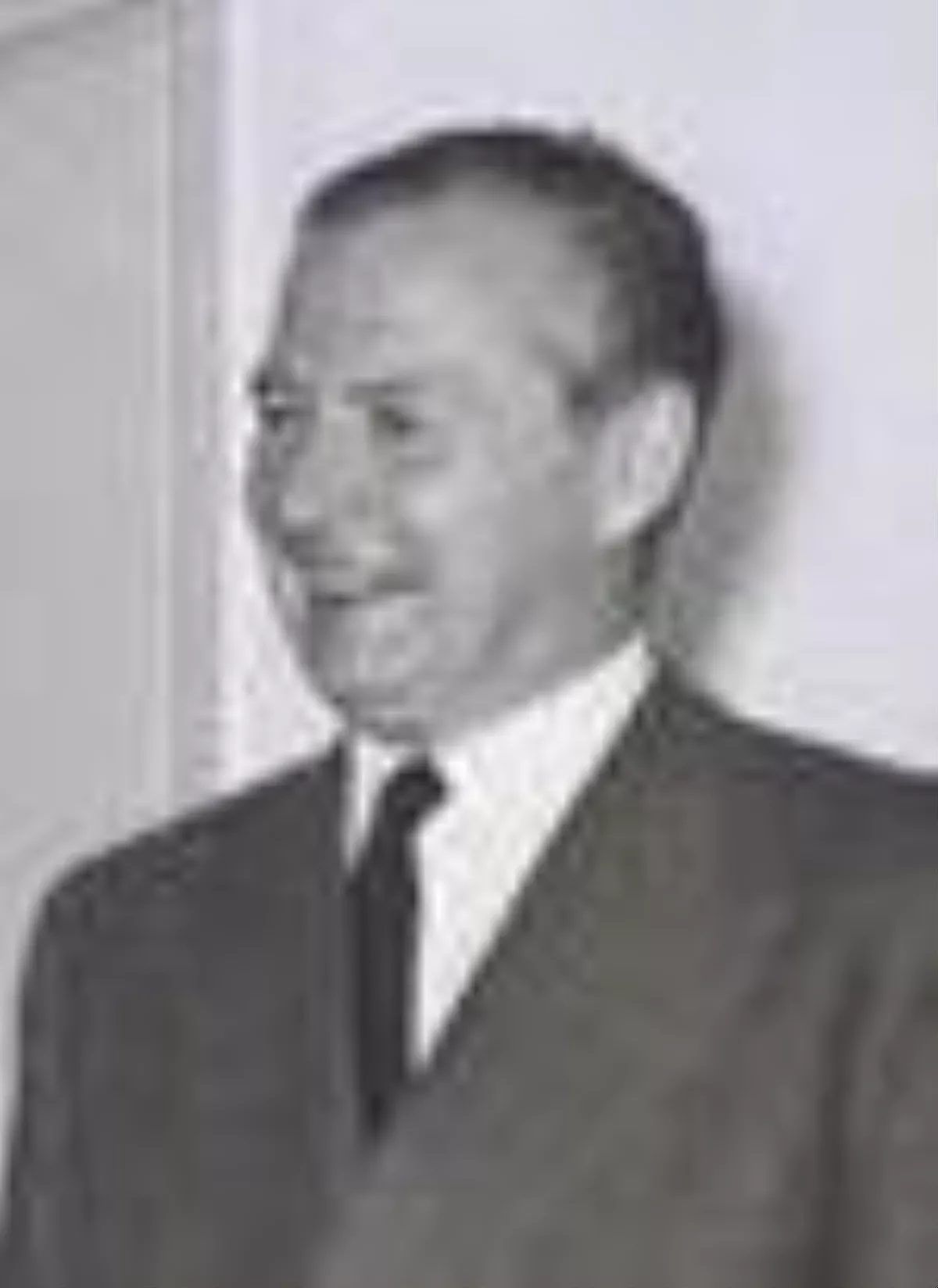 1.
1. John Selwyn Brooke Selwyn-Lloyd, Baron Selwyn-Lloyd, was a British politician who served as Speaker of the House of Commons from 1971 to 1976, having previously held various ministerial positions under Prime Ministers Winston Churchill, Anthony Eden, Harold Macmillan and Alec Douglas-Home between 1954 and 1964.